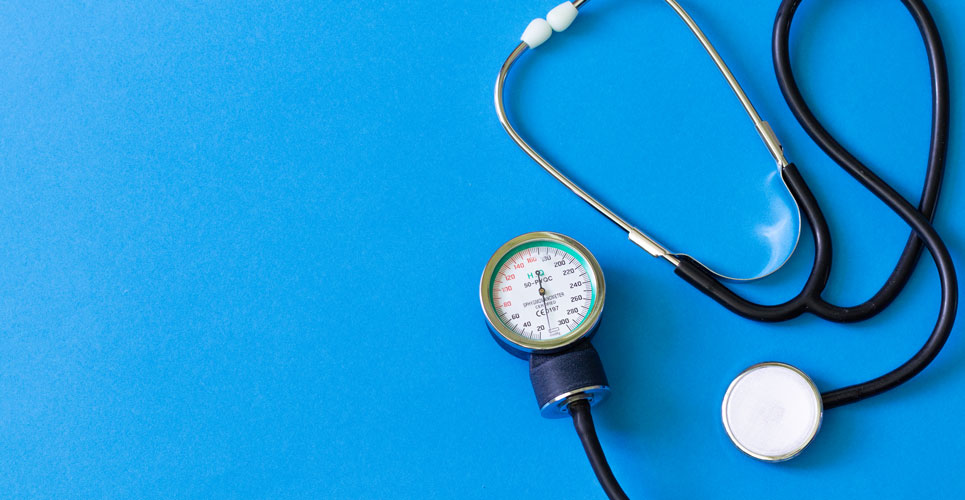Using a fixed-dose triple antihypertensive pill improved blood pressure (BP) control more than usual care, according to the results of a study by a team from the University of New South Wales, Australia.
The fixed-dose pill (FDP) contained half standard doses of telmisartan 20mg, amlodipine 2.5mg and chlorthalidone 12.5mg. Researchers assessed the ability of the triple pill compared to what they termed “therapeutic inertia”, that is, failure to intensify treatment despite poor blood pressure (BP) control.
The study recruited 700 patients (mean age 56 years) of whom 57% were women, with mild-to-moderate hypertension (systolic blood pressure > 140mmHg and/or diastolic > 90mmHg) or greater than 130/80mmHg among those with either diabetes or chronic kidney disease.

Individuals were randomised to the FDP once daily or usual care for a period of six months. Clinicians in the usual care group were asked to follow local prescribing guidance to achieve blood pressure targets of a BP of <140/90 mmHg or <130/80 mmHg (in diabetics/kidney disease).
The primary outcome was the proportion with therapeutic inertia. After six months, therapeutic inertia occurred in 86.8% of the FDP vs 63.9% in the usual care group (p < 0.01) and 69.5% vs 55.3% (FDP vs usual care) had achieved the BP target.
The authors concluded that initiation of the FDP simplified prescribing and improved BP control compared to usual care.
Reference
Wang N et al. Association of Low-Dose Triple Combination Therapy With Therapeutic Inertia and Prescribing Patterns in Patients With Hypertension: A Secondary Analysis of the TRIUMPH Trial. JAMA Cardio 2020; Jul 22 doi:10.1001/jamacardio.2020.2739.

